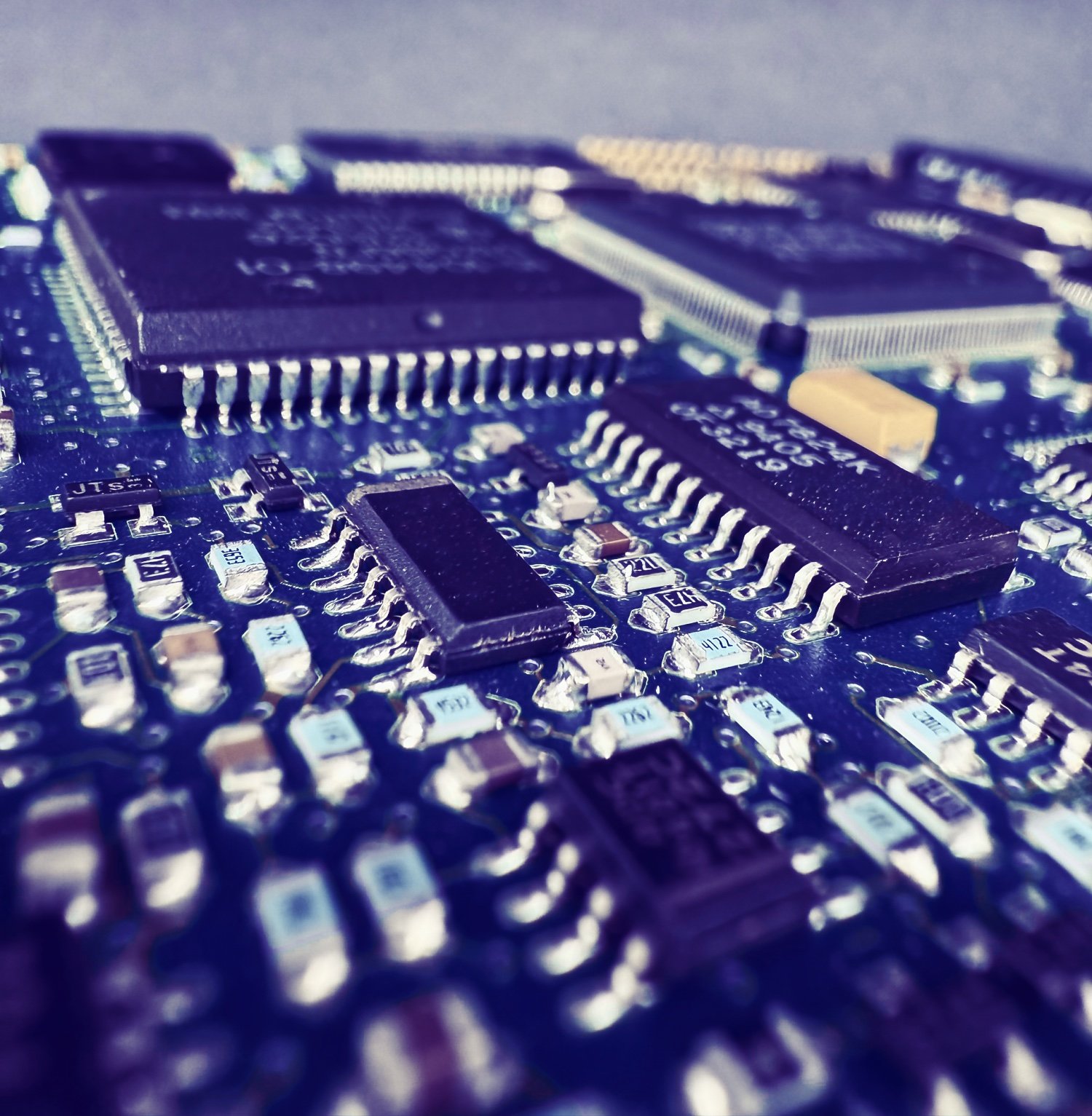Fast Facts: Solid State Drives
Data storage is the lifeblood of your business, but have you ever looked under the hood of the actual devices that do the grueling work of storing your data? At Uncloud Storage®, we have a deep understanding of the data storage devices that drive our business; in other words, we have done the research, so you don’t have to. (part two of three)
You might be wondering, how are solid-state drives different from hard disk drives? On the surface, both devices appear similar; however, they couldn’t be more different on the inside. As a quick primer, hard disk drives use a complex mechanical system of spinning platters and a flying read/write head to store data. On the other hand, solid-state drives store data on an interconnected series of microchips and have no moving parts.
Solid-state drives use a special type of transistor which will retain a memory of being energized by the computer, even if the computer is powered off. To store data, all the computer has to do is energize these transistors in a pattern that matches the data that needs to be stored, and the solid-state drive will remember the pattern, ready to be retrieved at a later date.
Because of their innate simplicity, solid-state drives can reach speeds and reliabilities not seen with any other type of digital storage. Hard disk drives are limited by the maximum speed of their mechanical components; solid-state drives, on the other hand, are only limited by the speed of the computer and the connection that they are plugged into. As a result, solid-state drives can be 6 to 100 times faster than the fastest hard disk drives. Additionally, since solid-state drives have no moving parts, they are highly resistant to damage and are more reliable than hard disk drives. The only drawback of solid-state drives is that each transistor has a lifespan. Fortunately, most solid-state drives have built-in wear leveling systems to mitigate this problem, and under normal use, this drawback is a non-issue.
At Uncloud Storage®, we feel that solid-state drives meet our stringent customer experience standards for reliability, speed, and data longevity; therefore, we only include upgraded solid-state drives for your local vault and only use solid-state drives in our private cloud.

